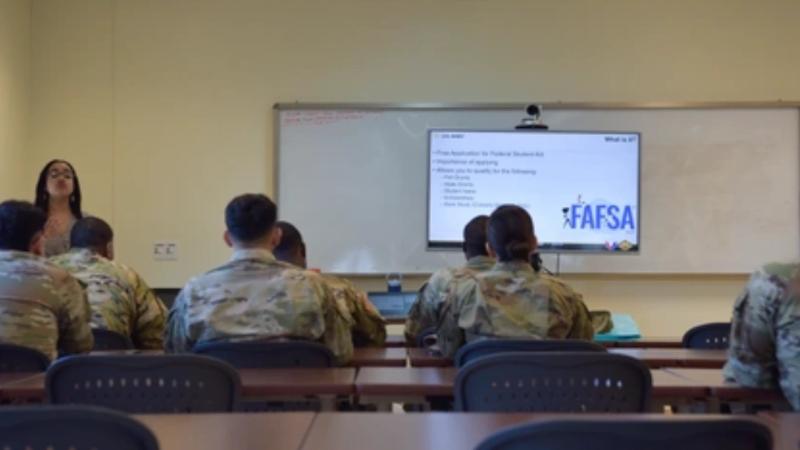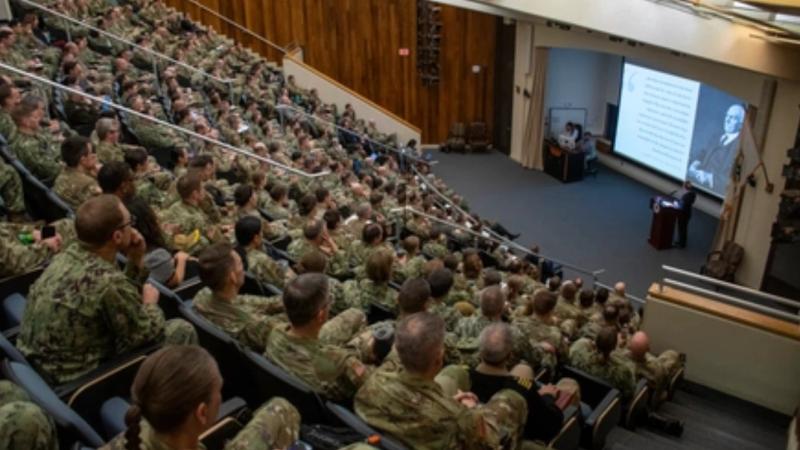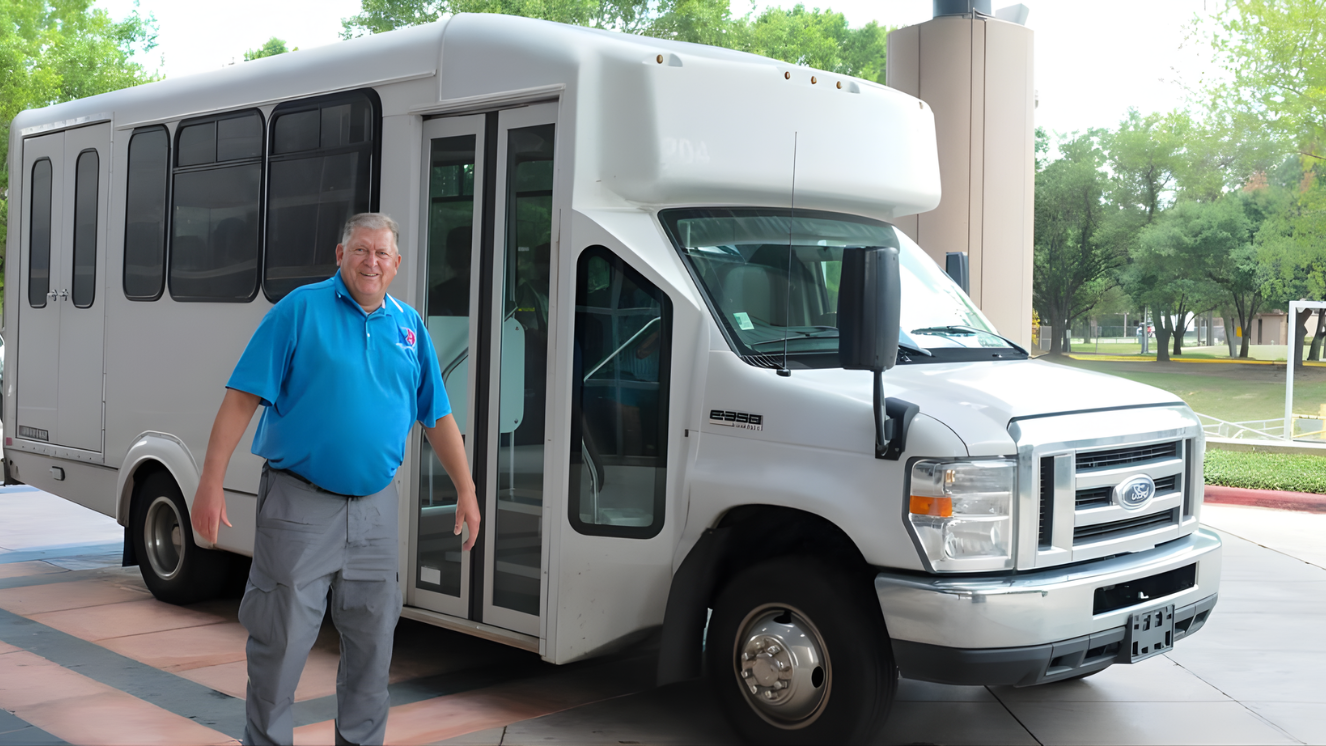HAZLEWOOD ACT: MAXIMIZE TEXAS VETERAN EDUCATION BENEFITS
COMMENT
SHARE

It’s no secret that the cost of higher education is a serious barrier to clear, but for Veterans and their families, benefits are available to help ease this pain. For those in Texas, even more options are available, specifically those provided through the Hazlewood Act. Learn how to access these benefits and how they help the Veteran community expand their educational options.
Understanding the Hazlewood Act for Texas Veterans
The Hazlewood Act is available in Texas for Veterans to enjoy a tuition exemption for up to 150 hours. Qualifying Vets can pass these benefits to legacy children, dependents, and their spouses as well.
There are several requirements, including everyone using the benefits living in the Lone Star State, and while it can be used to cover tuition and fees at public institutions, books, supplies, and other living expenses are not eligible.

Applying for Hazlewood Act Benefits: Step-by-Step Guide
Applying for the Hazlewood Act is simple, and it all starts with getting accepted to a Texas public college or university. Using resources like ApplyTexas.org or your school’s admissions process is a great place to start.
Your next step is to gather a copy of your DD214 to show proof of military service and honorable discharge. If you served after 9/11/2001, you'll need to request a certificate of eligibility (or ineligibility) for GI Bill benefits from VA.gov.
Finally, you need to complete the Hazlewood Exemption application and submit it, along with your DD214 and GI Bill eligibility letter, to your school’s financial aid office.
Deadlines may vary by school, so double-check with where you're enrolling and if, for some reason, you're facing a delay, simply request a 60-day deferment to avoid late fees or being dropped from classes.
To ask for the extension, submit a Deferment Request Form to your college.
Eligibility Criteria for Hazlewood Act Benefits
Qualifying for the Hazlewood Act will all depend on who is using the benefits. Of course, a qualifying Veteran must be a part of the process, but spouses and children can also access the benefits under the right circumstances:
Veterans
Veterans can qualify for the Hazlewood Act benefits, but there are still several requirements they need to meet under Texas law.
To start, you must have entered active duty in the U.S. military with Texas listed as your home of record, entered the service in Texas, or been a Texas resident at the time.
You’ll need an honorable or general discharge under honorable conditions and must have served at least 181 days (not counting training).
Vets also need to currently be a resident of Texas and not be using certain federal education benefits that already cover tuition and fees, like full Post-9/11 GI Bill or VR&E (more on that later).
Furthermore, you can’t be in default on a Texas student loan, and you need to enroll in courses supported by state tax funds, though some exceptions apply if the school’s board allows it.
Finally, you’ll need to meet your school’s GPA and academic progress requirements, as well as not have gone over the credit hour limit as an undergrad.
Children (Legacy)
While Veterans in Texas can use the Hazlewood Act for their own education, the option to transfer unused tuition exemption hours is also available.
It doesn't matter how many kids you have, only one can use these benefits at a time and the child must be a Texas resident, under 26 (unless they have a qualifying condition), and either the Veteran’s biological, adopted, or stepchild—or listed as a dependent on a tax return.
They can’t be using VA education benefits that already cover tuition and fees (like full Post-9/11 GI Bill or VR&E under normal circumstances), and they must not be in default on a Texas student loan.
Legacy children must enroll in tax-supported courses (unless the college allows otherwise), meet GPA and academic progress standards, and can’t exceed the school’s undergraduate credit hour limit.
Furthermore, legacy recipients receive hours based on their degree program length. It’s required that no one can exceed a total of 150 hours, which is counted across all children who may use the benefits.
If a child doesn’t use all of their assigned hours, the Veteran can reassign the remaining hours to another eligible child.
However, a Vet's executor can only transfer hours after death if there’s legal documentation proving the Veteran intended to do so. For example, through a will, adoption papers, or tax forms showing dependency.
For example, if you want a grandchild to use the benefit, there must be a documented legal relationship to the deceased Veteran or they won't qualify.
Spouse/Dependent
Just like legacy children, the spouses and dependents of eligible Veterans can receive up to 150 hours of tuition exemption through the Hazlewood Act, as long as certain conditions are met.
They must be the spouse or child of a Vet who was a Texas resident, or entered service in the Lone Star State, or listed TX as their home of record, and is either 100% permanently and totally disabled due to service, qualifies as unemployable from a service-related condition, was killed in action (KIA), died from service-related injuries, or went missing in action (MIA).
Additionally, for a spouse or dependent to qualify, they also need to be Texas residents, not in default on a Texas student loan, and can’t be using VA education benefits that already cover tuition and fees (like full Chapter 33 or Chapter 31 benefits, in most cases).
The exemption applies only to tax-supported courses, and they must be enrolled in a degree or certificate program.
Those who qualify must meet GPA and academic progress standards unless they’re the spouse or child of someone who was KIA, MIA, or died due to service-related injuries. Those individuals are exempt from academic requirements.
Children must be biological, adopted, a stepchild, or claimed on your tax return in the current or previous year to qualify for benefits.

Maximizing Education Benefits Through the Hazlewood Act
The Hazlewood Act is a great tool for families, and you can even use these benefits for online classes or distance learning. So long as you enroll in a Texas public college or university, it's fine.
You can even combine the benefit with others like Chapters 30, 35, or 1606. However, while students using the Post-9/11 GI Bill (Chapter 33) at less than 100% can combine it with Hazlewood benefits, those at 100% or using Chapter 31 cannot use them simultaneously.
Overall, the Hazlewood Act is a powerful tool for Texans that helps the military community overcome financial barriers to their educational pursuits. To find Hazelwood Universities near you, click the link.
Suggested reads:
Join the Conversation
BY BUDDY BLOUIN
Buddy Blouin is a Contributing Writer at VeteranLife.com
Buddy Blouin is a Contributing Writer at VeteranLife.com



